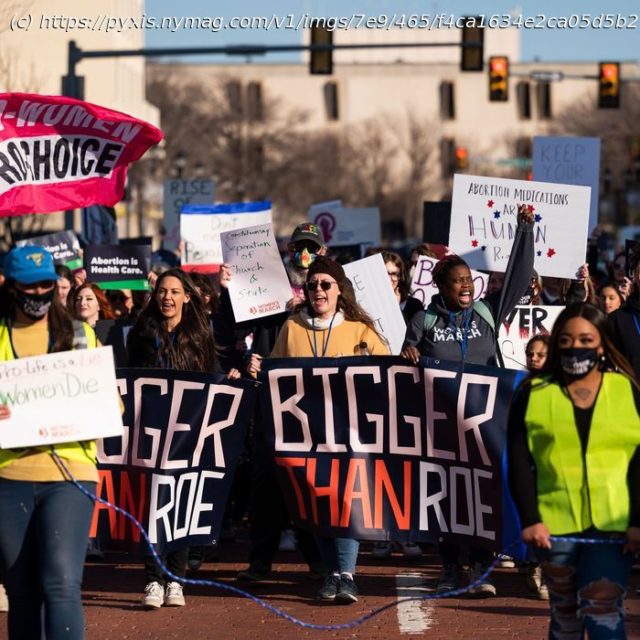A federal judge in Texas, Matthew J. Kacsmaryk, suspended the decades-old FDA approval of the abortion medication mifepristone, while a federal judge in Washington, Thomas O. Rice, barred the FDA from restricting the pill.
In an unprecedented order, a Trump-nominated federal judge in Texas on Friday suspended the 23-year-old Food and Drug Administration approval of the abortion pill mifepristone, which is one of the two medications commonly used to safely terminate a pregnancy. Not long after, an Obama-nominated federal judge in Washington State, ruling on a separate case, ordered the FDA to preserve access to the drug. It’s not yet clear how the contradictory rulings will fare in the court challenges to come, but with the final decision likely to rest in the hands of the conservative-majority Supreme Court, the orders raise uncertainty about the near- and long-term future of access to medication abortions in a post-Roe America.
In Texas, Judge Matthew Kacsmaryk blocked the FDA’s approval of mifepristone for use in medical abortions, claiming the agency “acquiesced on its legitimate safety concerns — in violation of its statutory duty — based on plainly unsound reasoning and studies that did not support its conclusions.” He then ordered a stay of his own ruling, delaying its effective date for seven days, in order to give the government time to appeal — which it is expected to do.
In response, the American Medical Association said in a statement that Kacsmaryk’s ruling “flies in the face of science and evidence and threatens to upend access to a safe and effective drug that has been used by millions of people for more than 20 years.”
Then, in Washington, Judge Thomas O. Rice blocked the FDA from “any action to remove mifepristone from the market or otherwise cause the drug to become less available.” His preliminary injunction came in response to a lawsuit brought by 17 Democratic state attorneys general against the FDA seeking to preserve access to the pill in their states.
In the very near term, access to the drug is unlikely to change, but access beyond that will depend on what happens next in the judicial system.
Home
United States
USA — mix Dueling Orders by Federal Judges Block and Preserve Access to Abortion Pill






